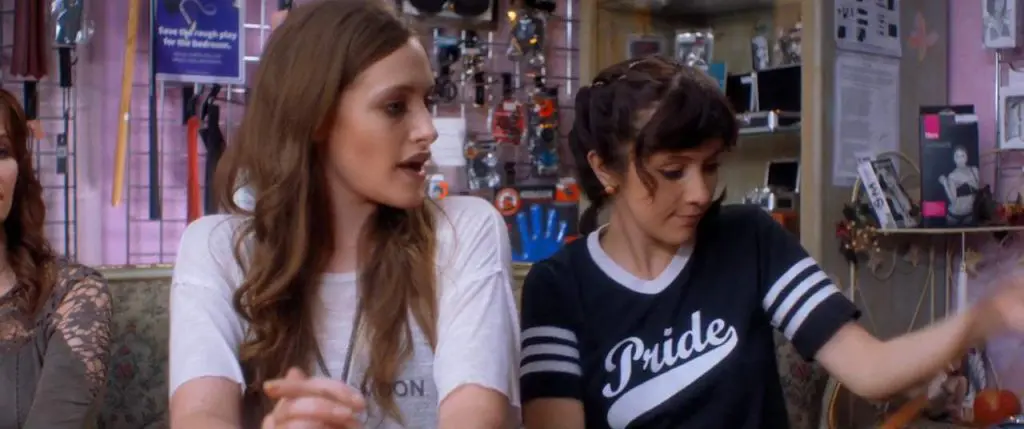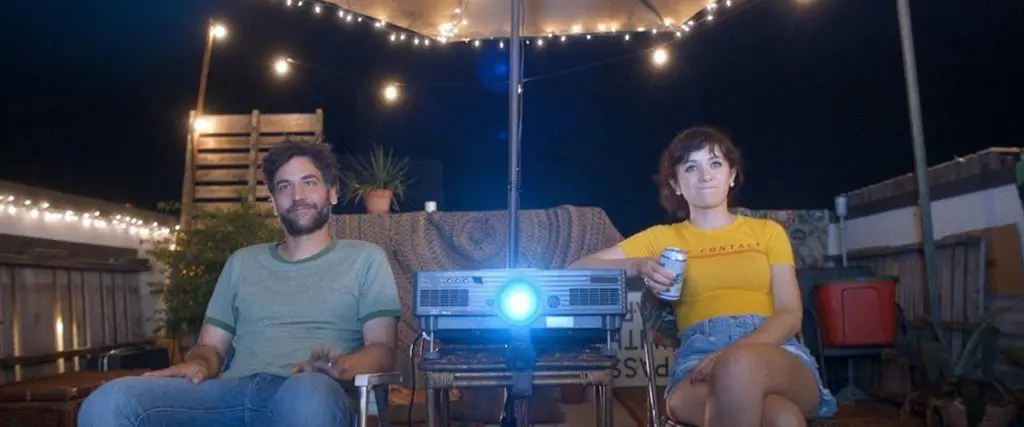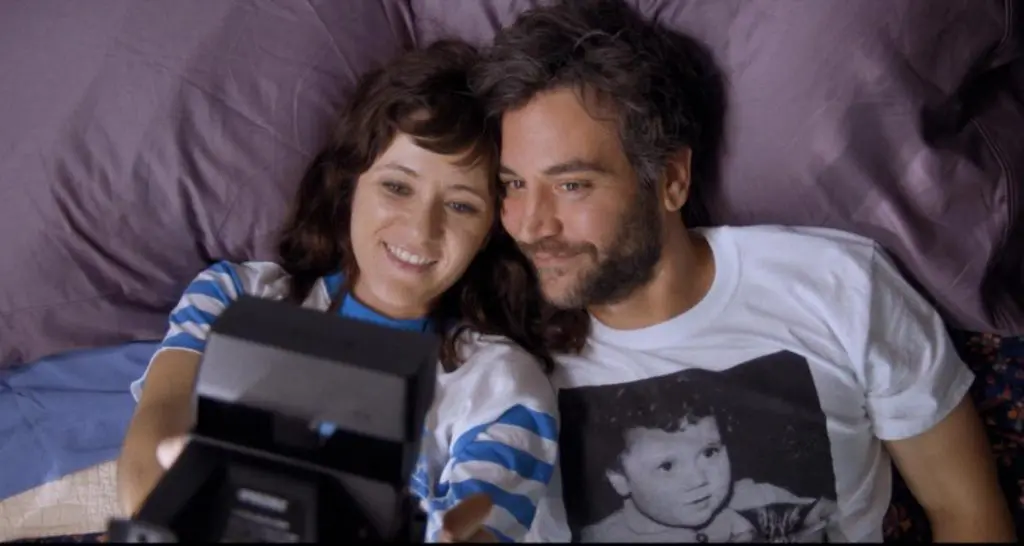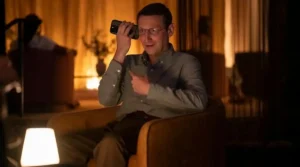Summary
Social Animals tells the story of two lost souls in an honest world of hard truths in a naturally balanced film with well-timed comedy.
Social Animals is a stellar piece of filmmaking and not in a pretentious or complex kind of way.
The storytelling transparently cuts through the usual bullshit, introducing characters and their learnt habits without trying to subtly suppress their ugly side. The opening of Social Animals does not hide its intentions by setting the boundaries; the film shows a quick side reel every time a character is introduced – what they do, who they are, and, humorously, their favourite sex position. It is rare, especially in the comedy drama genre, for a movie to set the audience’s expectations with the characters from the outset. It just so happens to work wonderfully in Theresa Bennett’s directorial debut. Oh, what a debut it is.
Essentially, Social Animals displays the grim truths of the workaday life; presenting characters suffering the sobering norms, and doing this without offering a slice of sympathy for the audience to grab onto. Not every movie needs sadness for the audience’s benefit. Sometimes, the truth of a character’s situation is better-served without the emotional blackmail.

Ultimately, there are two integral characters that you are forced to engage with, whilst the supporting cast does a thorough job moving the story forward. The first, Zoe (Noël Wells), who represents the wasted young adult who is going through the motions of early life failure; aimlessly running an almost depleted business, going through the motions of a lonely single life with plenty of meaningless sex, subjecting herself to opinionated friends and no rational way forward in her shortsighted mind. She signifies an average person in today’s world where the system necks you and chews you back out. Zoe is a character that flounders with her own life with a careless, unapologetic attitude. The second, Paul (Josh Radnor), who is going through the turning cogs of a failed marriage but who desperately remains at phase one by trying to relight a sex life that is blatantly not there with a despondent, discontented wife. His movements to try and entice sex are constantly punctured by rowdy gesticulations. Paul was complacent previously and he is now awaiting notice on his marriage.
Both characters are polar opposites – whilst Zoe appears to be younger, fresher but stupendously naive, Paul appears to be older, tired and significantly wiser in dealing with adult issues. Social Animals ties up both worlds in a balanced, respectful way that makes for a whip-smart story. Their arcs unfold separately on the screen but merge together to provide a satisfying conclusion. In the end, Social Animals brings two opposing generations together, which somehow does not feel unnatural within the confines of a comedy. Some would argue that Social Animals is a romantic comedy but if you remove the usual conventions, it is a case study to how despairing one’s life can be.

Without the well-timed comedy, Social Animals would not work. For example, there is an entire scene where one of Zoe’s friends teaches a class of women, and what I can only assume as one gay man, in how to provide a decent blow job. This entire gag will make you laugh if you are not so easily offended in today’s highly sensitive world. Actress Fortune Feimster flaunts the vegetable in front of her face without a care in the world, but the reaction of the class is what makes it so funny; they appear so serious. What is obvious is that the cast really believed in this story, which is why every single cast member, support or lead, put in a genuine effort to deliver Social Animals.
The biggest shame of all this is that Social Animals got a very limited release coupled with a video on demand. 2018 has not been subject to outstanding comedies to date. Paramount Pictures should have given this a chance.




